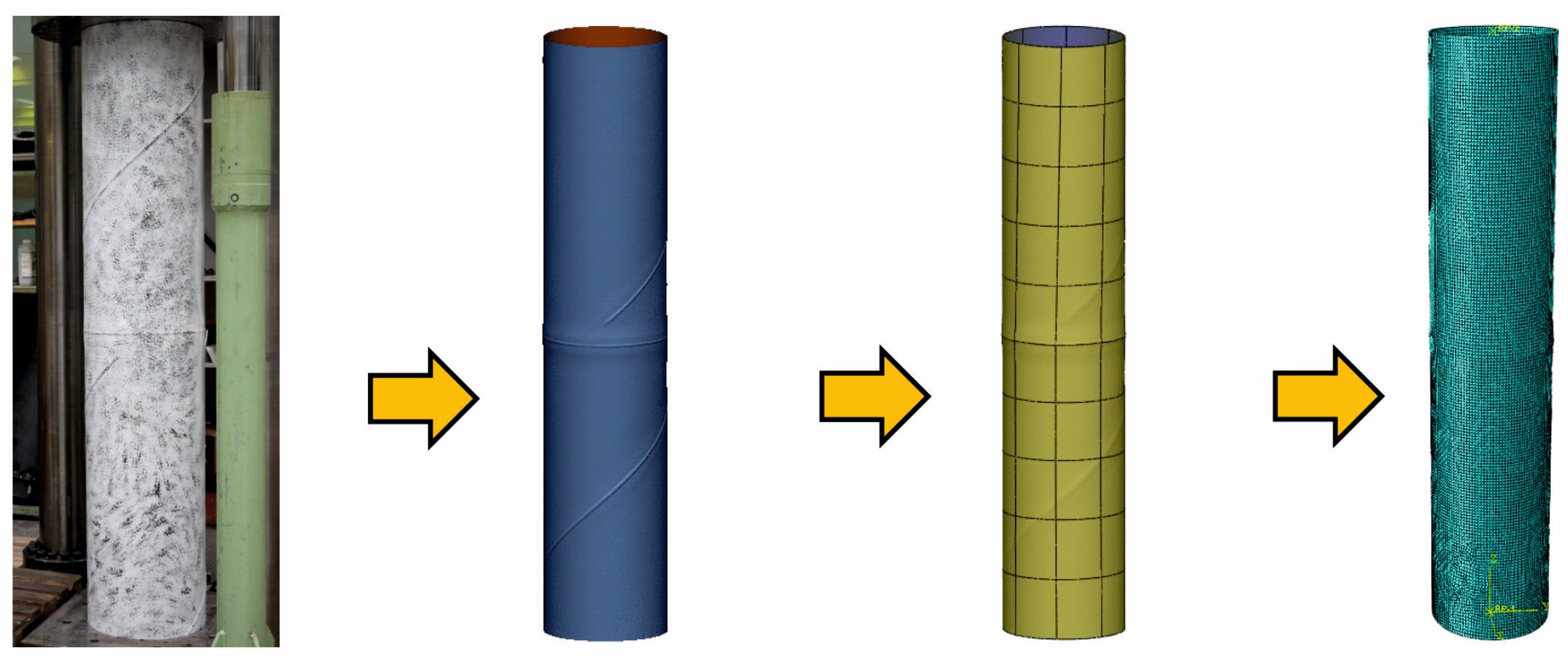Reliability and structural optimization based on process and quality data
Data-driven methods for the investigation of structures also have great potential in the field of structural design, as they can lead to the development of far more accurate and reliable predictive models for the various performance indicators of structural elements. The use of statistical values from production control and measured values in large experimentally calibrated non-linear structural-mechanical models makes it possible - especially in the case of metal constructions, composite constructions and glass constructions - to generate a large number of representative values for load-bearing capacities and other performance indicators for structural elements. These can in turn serve as a starting point for the approach of "machine learning" and "deep learning" algorithms.

